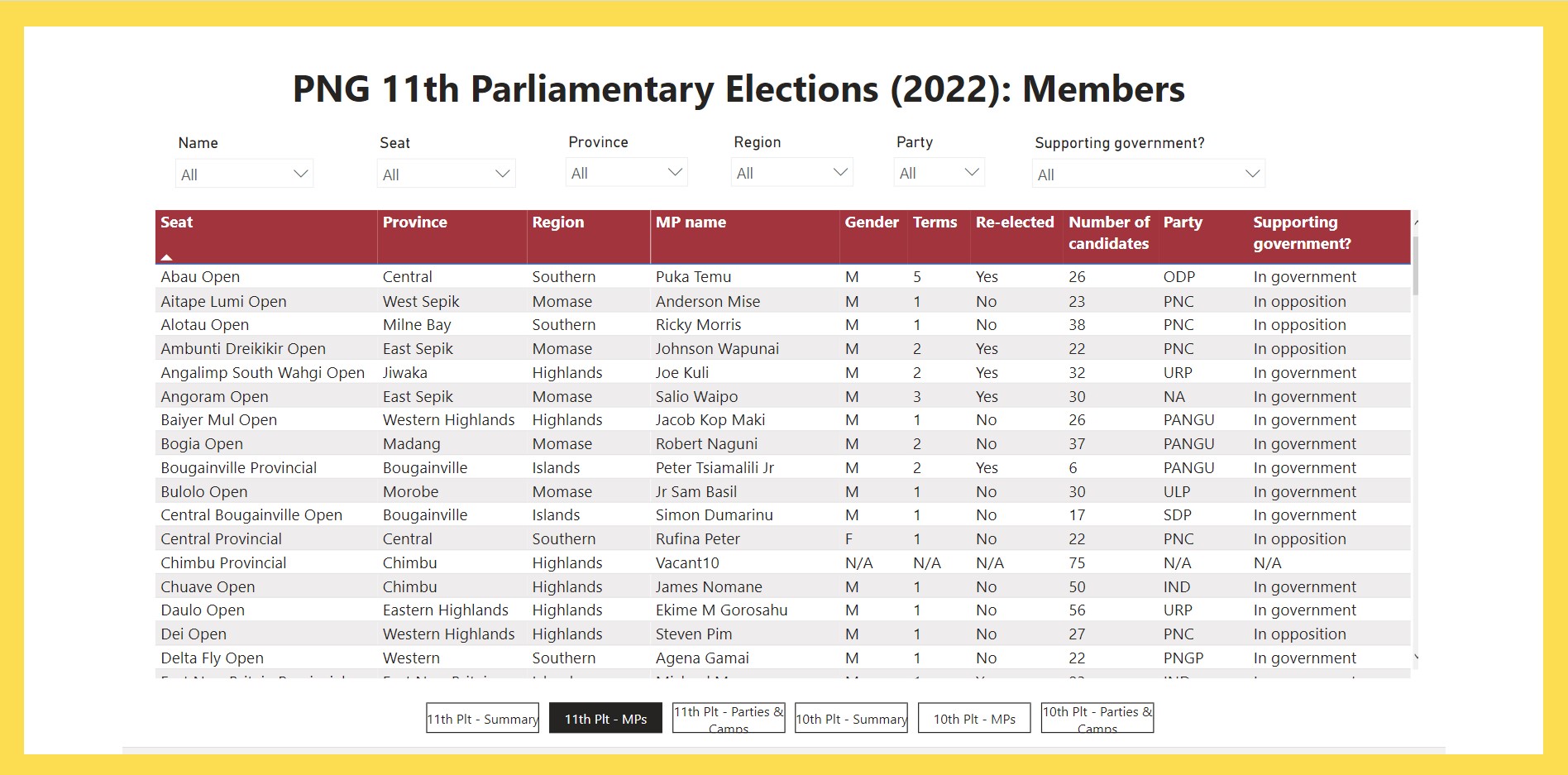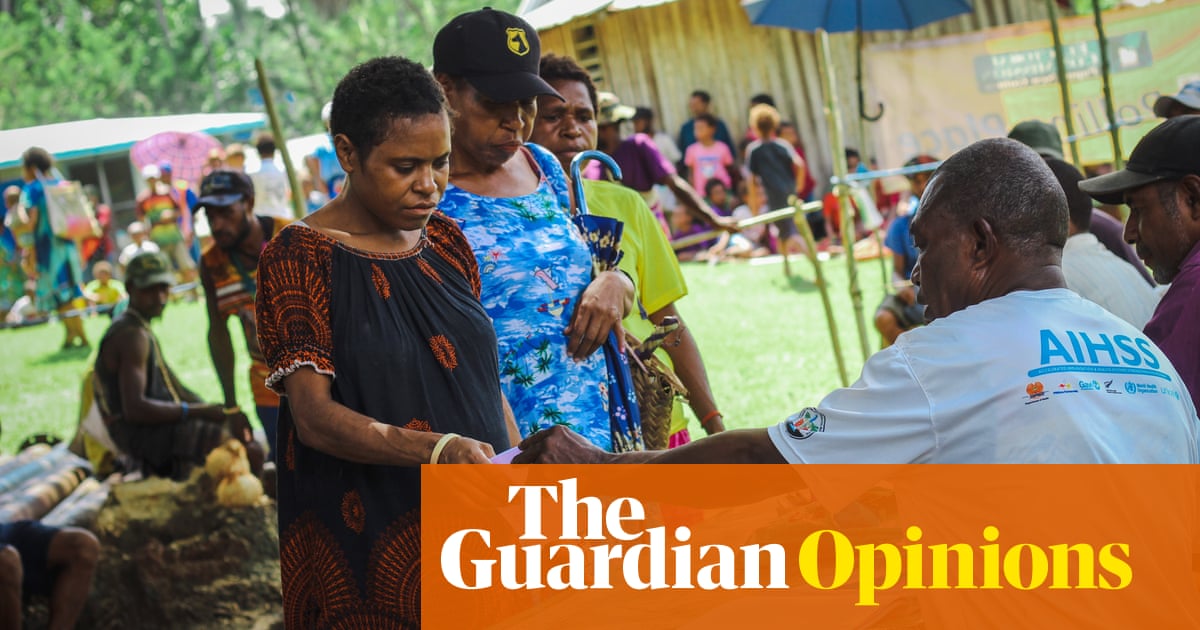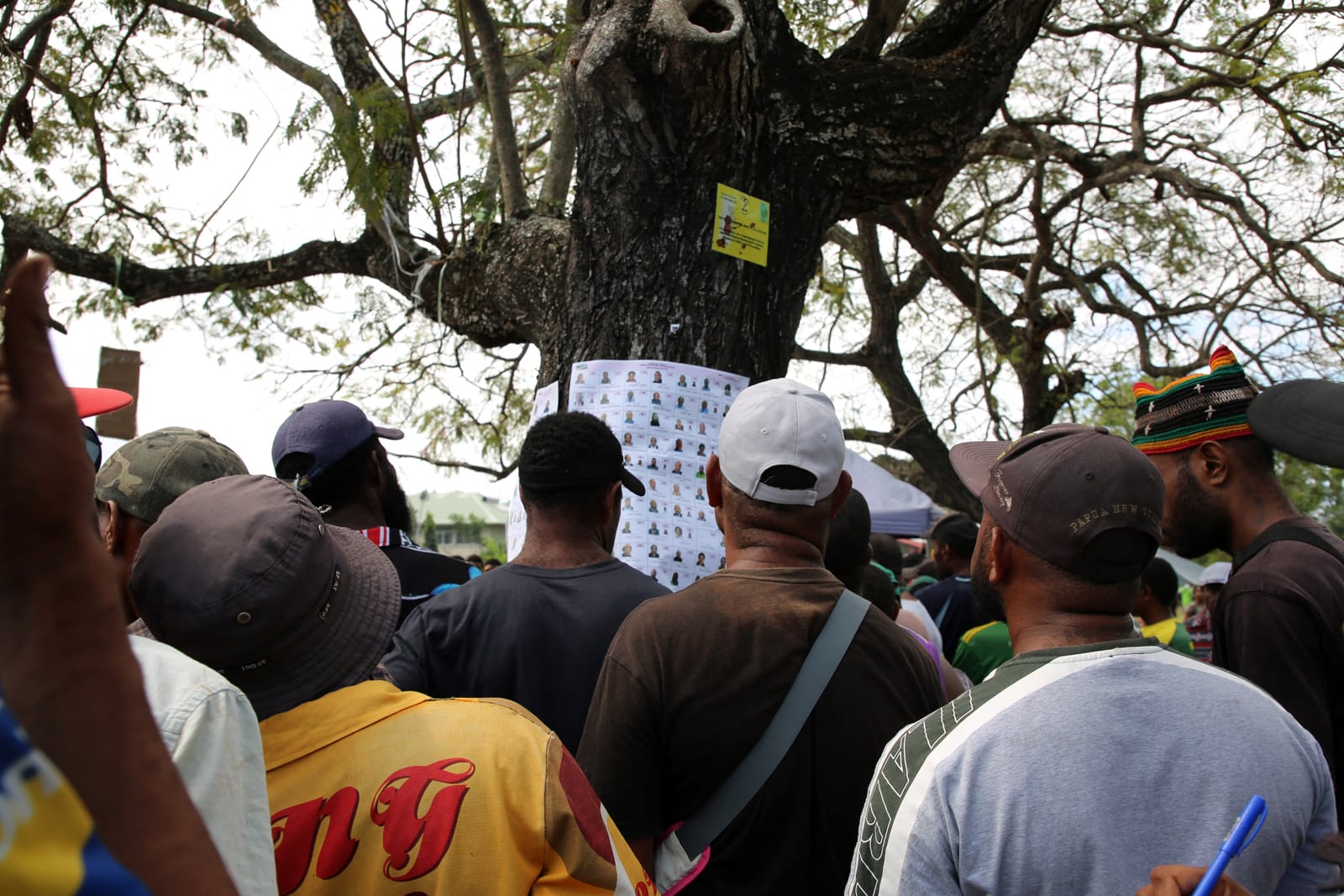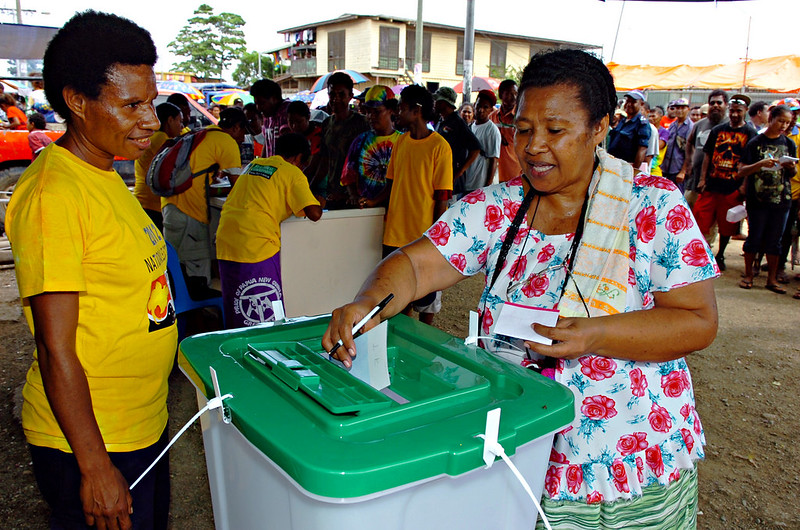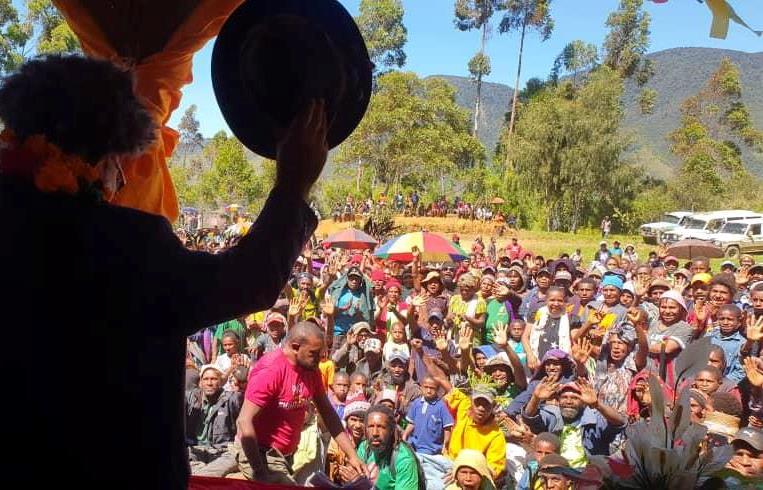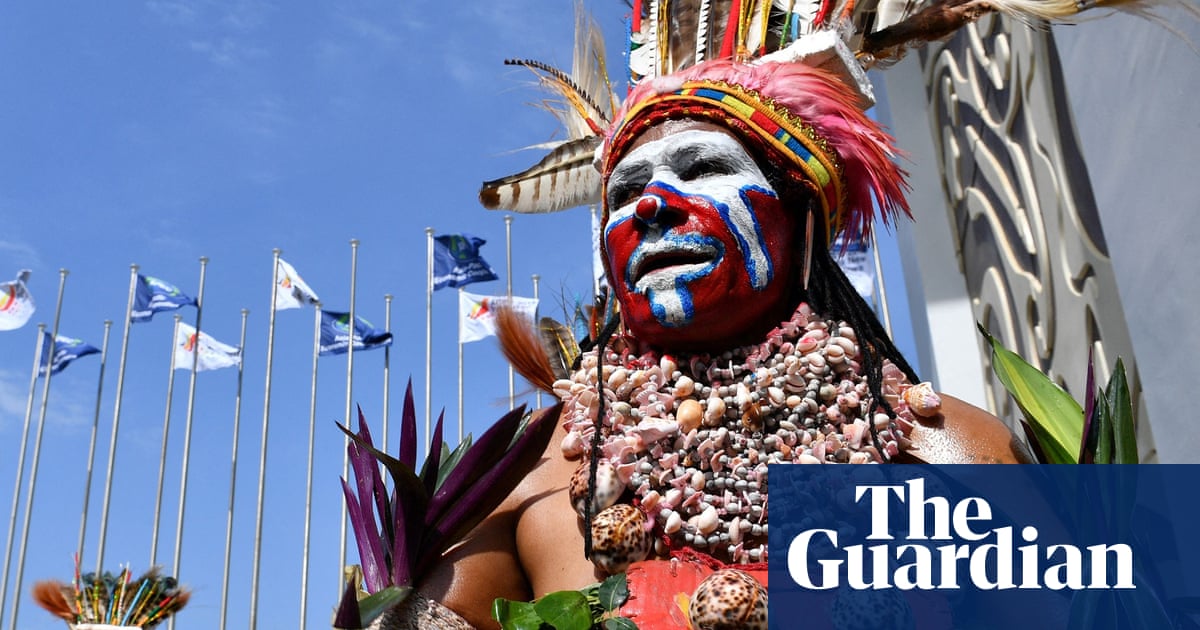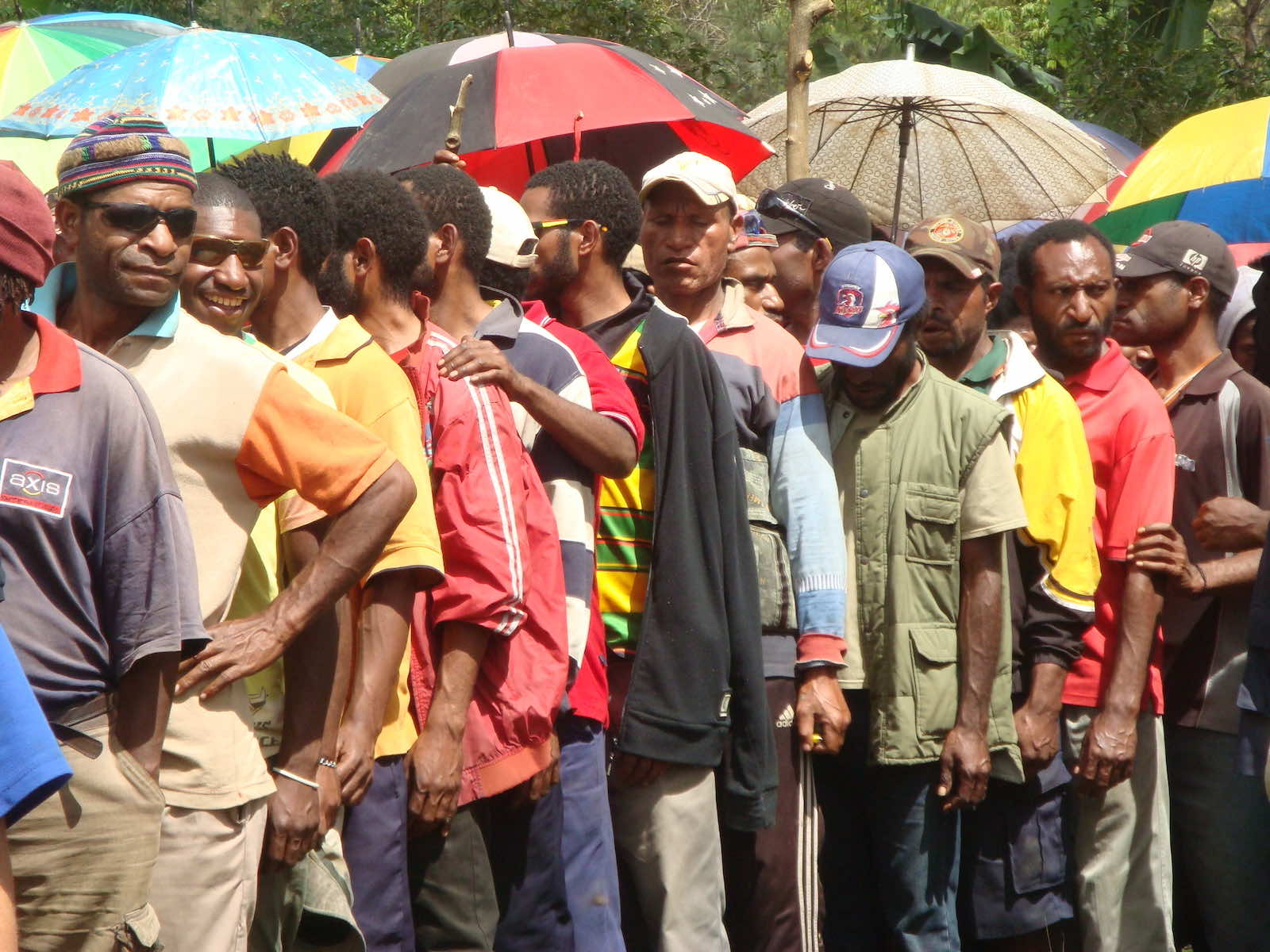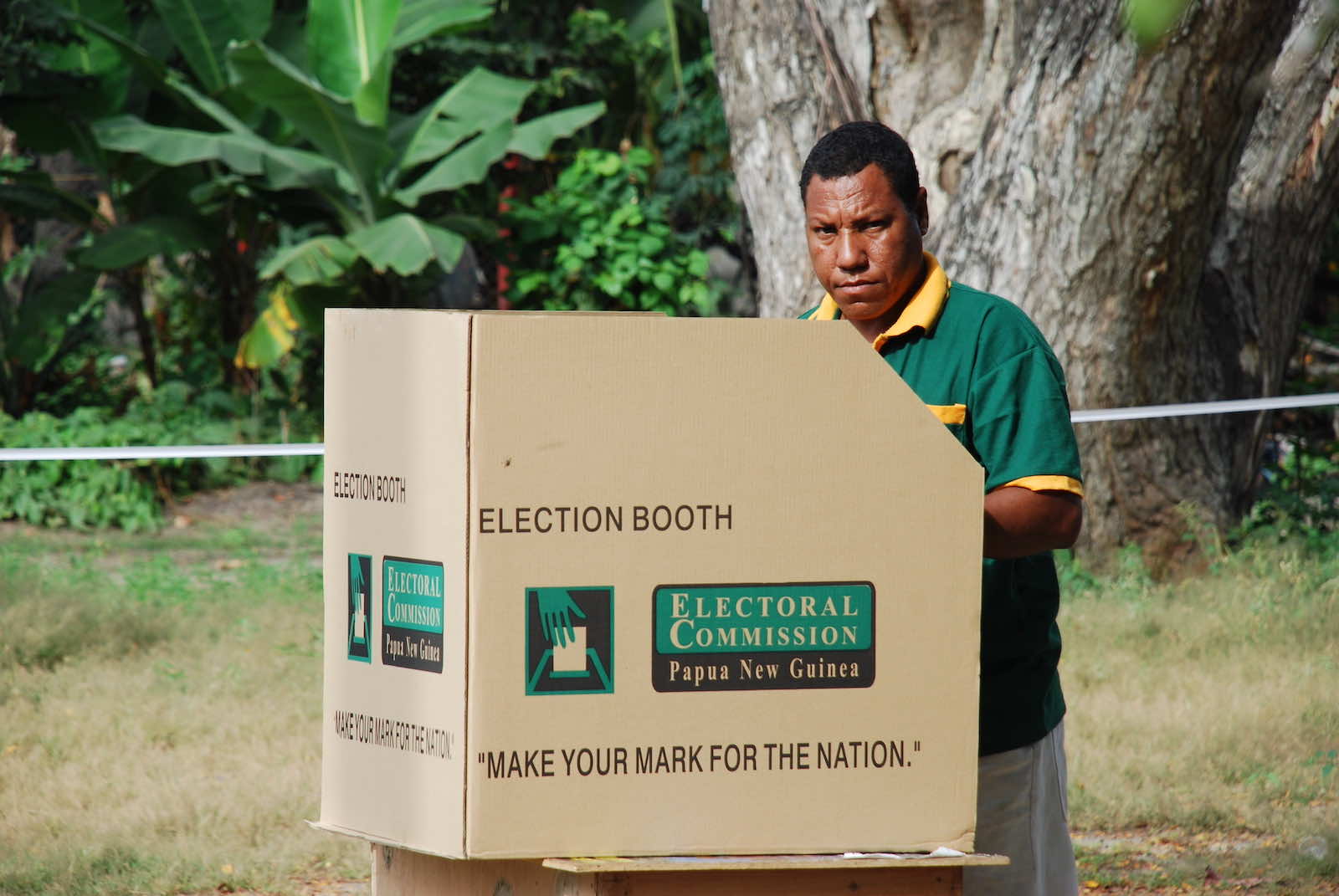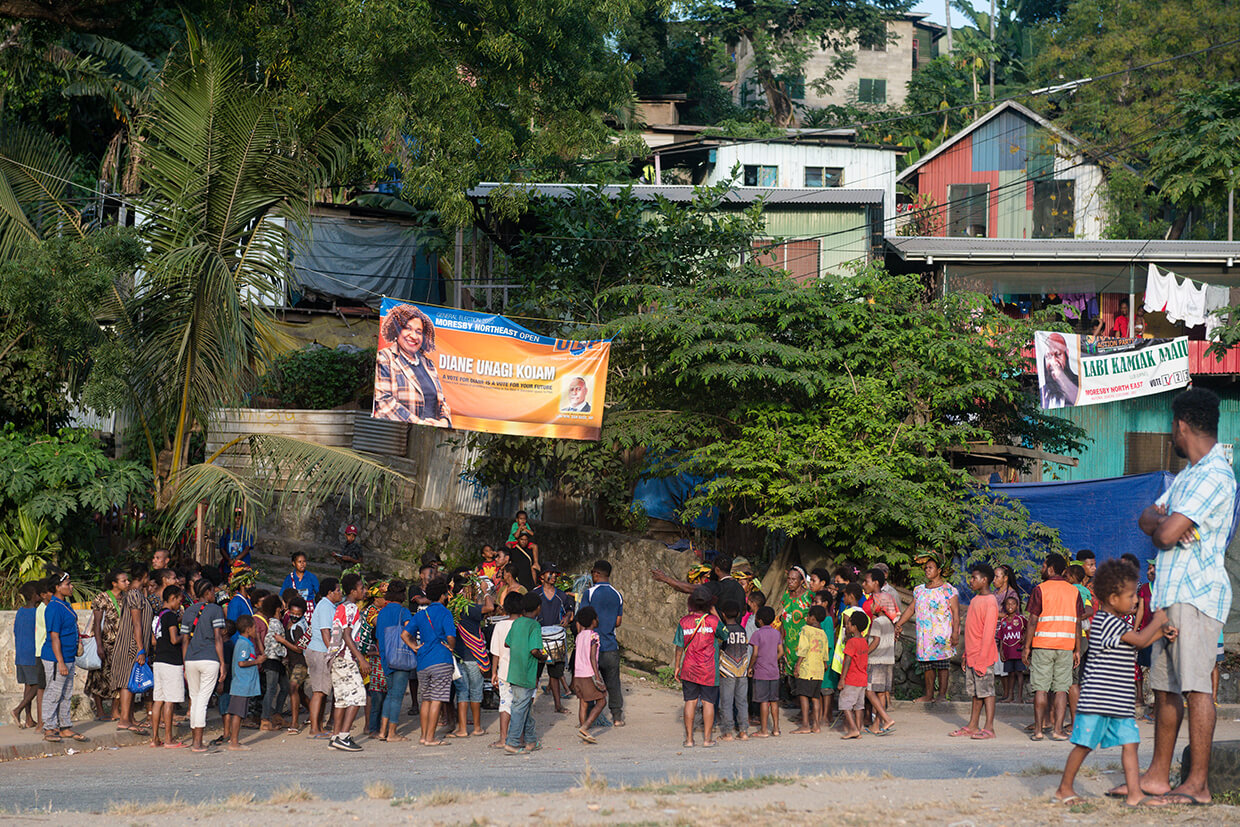
by Eva U Wagner
PAPUA NEW GUINEA – 2022 General Elections
Digital Snapshot #17/22
02 September 2022
A potpourri of current affairs topics from Australia, New Zealand and the South Pacific brought to you by KAS Australia and the Pacific. The weekly digital snapshot showcases selected media and think tank articles to provide a panorama view and analysis of the debate in these countries.
Disclaimer: The views expressed in these articles do not necessarily reflect KAS Australia’s position. Rather, they have been selected to present an overview of the various topics and perspectives which have been dominating the public and political debate in Australia and the Pacific region.
Papua New Guinea has held general elections from 4 to 22 July 2022.
More than 6 million voters in the country were called upon to select 118 members of parliament from more than 2300 candidates for a term of 5 years. As per The Guardian’s Explainer, Papua New Guinea has a multi-party system with numerous political parties, in which no one party often has a chance of gaining power alone. Parties must work with each other to form coalition governments.
According to the Inter-Parliamentary Union, the Papua & Niugini Union Pati (PANGU), led by Prime Minister James Marape, came first, taking at least 37 seats in the unicameral parliament. The National Congress Party (PNC), led by former Prime Minister Peter O’Neill, came second with 15 seats, followed by the United Resource Party led by Mr William Duma. 2 women were elected to Parliament, up from none in the previous parliament: Rufina Peter from the People’s National Congress (PNC) Party was elected as the governor for Central Province. Kessy Sawang was elected in the Rai Coast open seat. On 7 August, Governor-General Sir Bob Dadae invited PANGU to form a new government. The next day, Parliament convened for the first time. Mr Marape, was unopposedly re-elected as Prime Minister, with Job Pomat elected as Speaker. On 23 August, PM Marape announced a 32-member Cabinet. On the same day, OnePNG published the following cabinet list:
- James Marape – Prime Minister & Minister for Planning
- John Rosso – Deputy Prime Minister & Minister for Lands Physical Planning & Urbanisation
- William Duma – Minister for State Enterprises
- Ian Ling Stuckey – Minister for Treasury
- Soroi Eoe – Minister for Provincial & Local Level Government Affairs
- Rainbo Paita – Minister for Finance & Implementation
- Richard Maru – Minister for International Trade & Investment
- Justin Tkatchenko – Minister for Foreign Affairs
- Don Polye – Minister for Higher Education, Research, Science & Technology & Sports
- Solan Mirisim – Minister for Works & Highway
- Pila Niningi – Minister for Justice & Attorney-General
- Walter Schnaubelt – Minister for Transport & Civil Aviation
- Kerenga Kua – Minister for Petroleum & Energy
- Jimmy Uguro – Minister for Education
- Joe Sungi – Minister for Public Service
- Salio Waipo – Minister for Forest
- Henry Amuli – Minister for Commerce & Industry
- Peter Tsiamalili Jnr – Minister for Internal Security
- Dr Lino Tom – Minister for Health
- Dr Kobby Bomoreo- Minister for Housing
- Jason Peter – Minister for Community Development, Religion & Youth
- Timothy Masiu – Minister for Information & Communication Technology
- Jelta Wong – Minister for Fisheries & Marine Resource
- Win Daki – Minister for Defence
- Esi Henry Leonard – Minister for Tourism, Art & Culture
- Aiye Tambua – Minister for Agriculture
- Sekie Agisa – Minister for Livestock
- Francis Maneke – Minister for Oil Palm
- Joe Kuli – Minister for Coffee
- Bryan Kramer – Minister for Labour & Immigration
- Ano Pala – Minister for Mining
- Simon Kilepa – Minister for Environment, Conservation & Climate Change
- Minister for Bougainville Affairs – to be appointed
The official cabinet list should be available from the PNG Government’s websites once counting has been completed and the outstanding minister has been sworn in.
The 2022 elections were the first to be held after the coronavirus pandemic, which has hit PNG’s economy hard. They were reportedly marred by violence and alleged corruption. Up to 50 people are said to have been killed in election-related violence since May this year, down from up to 200 in the 2017 general elections. Observers from the Commonwealth noted that a large number of names were missing from the electoral roll and recommended that the Government undertake urgent reforms to strengthen voter registration. In response, the Government promised to update the electoral role on the basis of the census scheduled to be held next year.
As The Lowy Institute explains, the new Government is now faced with the difficult task of economic recovery. PM Marape will have to address rapid population growth, inflated living costs, high unemployment, low levels of service delivery, poor health and education standards, bad governance, endemic gender-based violence and the use of weapons in the country. A significant number of young people (‘youth bulge’) purportedly poses both a challenge and an opportunity, as they included vibrant, ambitious and entrepreneurial emerging leaders showing great resilience in the face of adversity. Decent economic prospects, we are told, were buoyed by the resource sector, with opportunities for diversification through agriculture, the creative industries and tourism. Apart from that, it should be noted that PNG due to community resistance and a lack of funding remains one of the least Covid-19 vaccinated countries in the world.
The implementation of the 2019 Bougainville Independence Referendum also remains on the Government’s agenda.
